
The university’s now-rescinded sponsorship of the student-led FemSex program has created a buzz around campus and in the Milwaukee community. While many on both sides are outraged over the black and white aspects of the issue, we are not ready to say whether the decision was right or wrong, because neither side has provided clear enough information for us to reach a hard conclusion.
We do, however, believe the process behind rescinding the sponsorship invited some of the backlash, and we are prepared to offer suggestions about how to avoid this kind of hoopla in the future.
Marquette has said sponsorship for FemSex was pulled because the topics and mission did not fit with the university’s Catholic values.
It is, of course, important to know what specifically in the program was against the university’s Catholic mission. Specific examples that factored into the decision could alleviate much of the tension and display a better articulated standard for sponsorship set by the university.
In a letter published in the Tribune Tuesday, University President the Rev. Scott Pilarz and director of the Gender and Sexuality Resource Center Susannah Bartlow said they consulted “university leadership” in making this decision. While that broad phrase is probably true, it would be far more informative to know who “university leadership” is and how they contributed to the decision.
The university needs to be consistent in its decision-making and set a precedent for what programming will and will not be sponsored by Marquette. Inconsistencies created another similar issue in 2010 when the university rescinded its deanship offer to Jodi O’Brien because of writings deemed not to be in line with Marquette’s Jesuit values. Again, however, the backlash faced in this instance could also have been lessened if the university was simply straightforward. This is an institution proud of its Catholic, Jesuit identity, so its students and faculty should know when and why organizations or people do not represent it.
To their credit, in the letter, Pilarz and Bartlow said, “We know that open communication will ensure our center’s success, and we look forward to continued community dialogue.”
We commend them for their proactive rhetoric, but we ask that they lead the way by providing necessary details of the decision to students.
The rescinded sponsorship seems to indicate that the university did not know exactly what it was sponsoring. If the decision was made because the program deviated from the set syllabus and what the university had agreed to sponsor, and if the university had made that clear, the issue would most likely not have garnered as many negative responses as it did. But as it stands now, it seems it is only the word of Pilarz in his letter against the graduate students who ran the program and were interviewed by the Tribune.
Because we have limited information, we cannot offer a clear opinion on the rescinded sponsorship. We believe students should be given more information so they can make informed decisions about Marquette and its sponsorship policies, especially in regard to the newly formed Gender and Sexuality Resource Center.
It is easy for a situation like this to generate hype when there is a lack of information, with two sides claiming to be in the right. It is certain, though, that reactions in situations this serious will be predictably negative regardless of whether the university is right or wrong, if it is not consistent, transparent and specific in setting a standard.


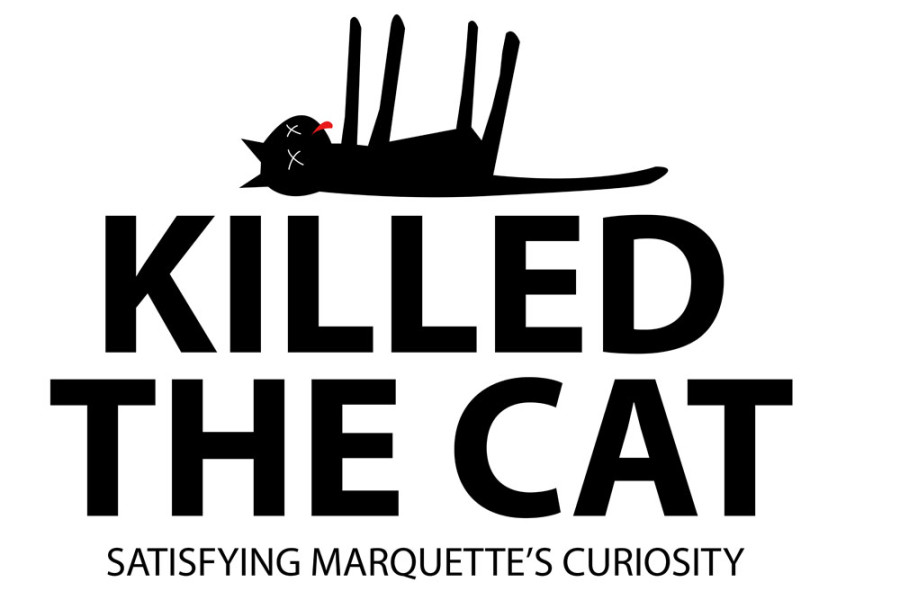
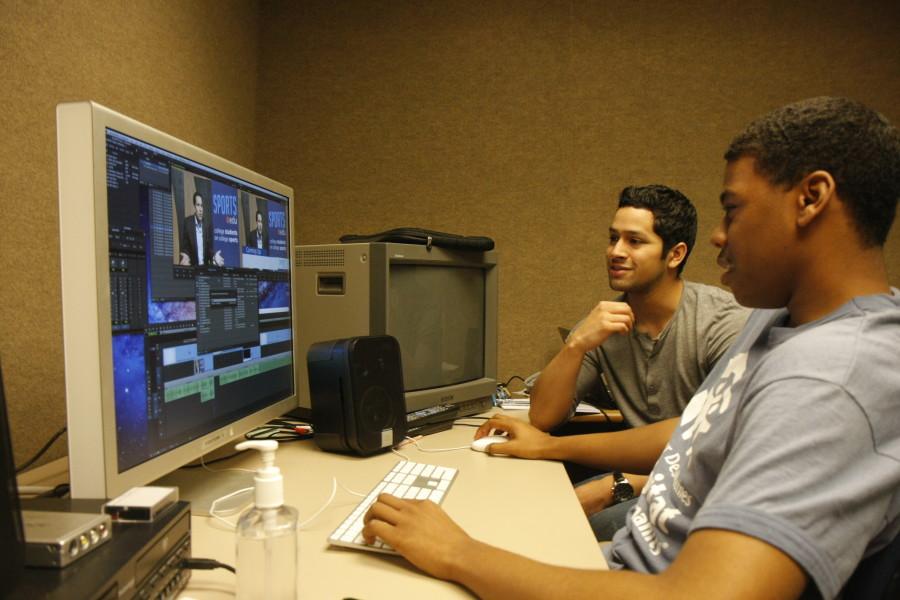
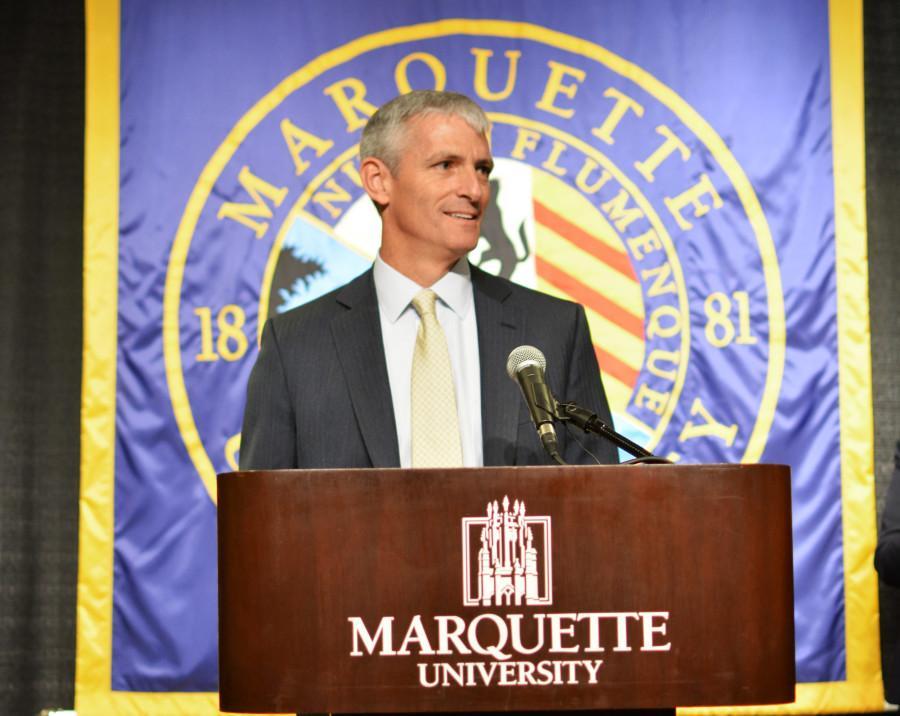
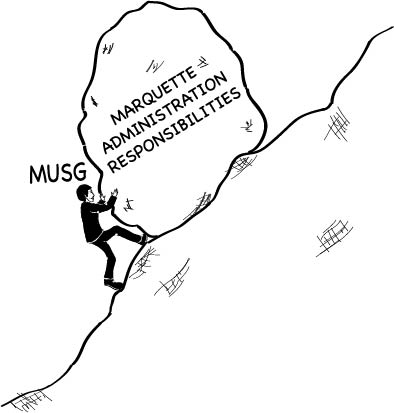


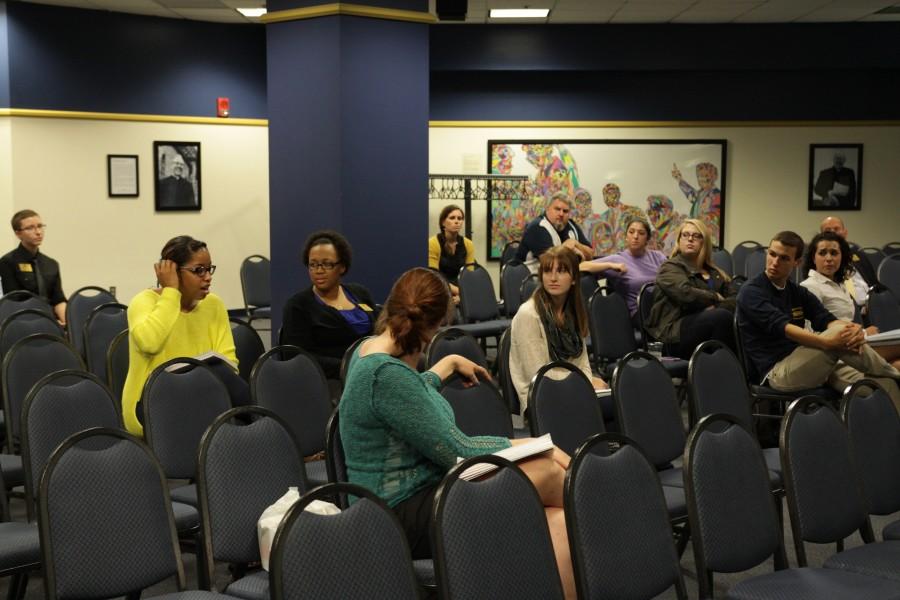



Jake • Mar 7, 2013 at 11:00 am
I like this editorial. Even though I personally feel that FemSex should be sponsored by the GSRC, I think its true that a lot of questions still exist about specifics of the workshop, how it got sponsored and how/why that sponsorship was rescinded.
Jake • Mar 7, 2013 at 11:00 am
I like this editorial. Even though I personally feel that FemSex should be sponsored by the GSRC, I think its true that a lot of questions still exist about specifics of the workshop, how it got sponsored and how/why that sponsorship was rescinded.